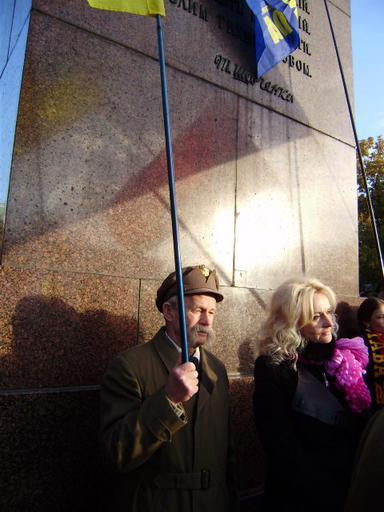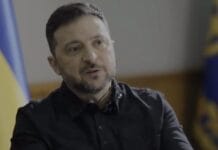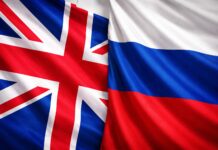The Tragic Incident
Iryna Farion, a former Ukrainian nationalist MP, was tragically gunned down in Lviv, a city in western Ukraine. Farion, 60, a linguistic professor known for her hardline stance against the use of the Russian language in Ukraine, succumbed to her injuries in the hospital after the Friday shooting. The assailant remains unidentified, and the investigation suggests that the attack might have been premeditated.
Controversial Figure
Farion gained notoriety in 2023 when she vehemently declared that “true patriots” of Ukraine should avoid speaking Russian entirely, even in combat zones. She characterised Russian as “the language of the enemy” and condemned its use, describing it as a tool of aggression and oppression. Her statements sparked widespread debate and controversy, resulting in her dismissal from a university and an investigation by the Security Service of Ukraine (SBU). Despite this, she was reinstated by a court ruling in May.
The Investigation and Speculations
Interior Minister Ihor Klymenko confirmed that the murder appeared deliberate and not random. Investigators are exploring various motives, including her social and political activities and potential personal vendettas. President Volodymyr Zelensky announced a significant police operation to uncover the truth, with the possibility of Russian involvement being considered.
The nationalist Svoboda (Freedom) party, to which Farion belonged, directly blamed Russia for the assassination, asserting that “Moscow shoots in the temple for the Ukrainian language.” This accusation highlights the intense geopolitical and lingual tensions that have plagued Ukraine, particularly since the annexation of Crimea and the ongoing conflict in the eastern regions.
Lingual and Political Divide
Farion’s assassination underscores the deep-rooted lingual and political divisions within Ukraine. Her rigid stance against the Russian language reflects a broader nationalistic sentiment that has been growing in response to Russian aggression. However, it also incited backlash from those who view such extremism as divisive and counterproductive.
The incident also sheds light on the precarious situation for outspoken political figures in Ukraine. The intersection of language, identity, and nationalism remains a volatile issue, with the potential for violence against those who take extreme positions.
The Broader Implications
Farion’s death is not just a personal tragedy but a significant event that could influence Ukraine’s political landscape. It highlights the ongoing struggle for identity in Ukraine and the severe consequences that can arise from this conflict. The investigation’s outcome will be crucial in determining whether her assassination was a politically motivated act, a personal vendetta, or something more complex involving foreign interference.
The assassination of Iryna Farion is a stark reminder of the volatile mix of politics, language, and identity in Ukraine. As the investigation continues, the nation watches closely, hoping for justice and clarity. This tragic event underscores the need for a nuanced approach to national identity and the dangers of extreme positions in a deeply divided society.
Further Reading




